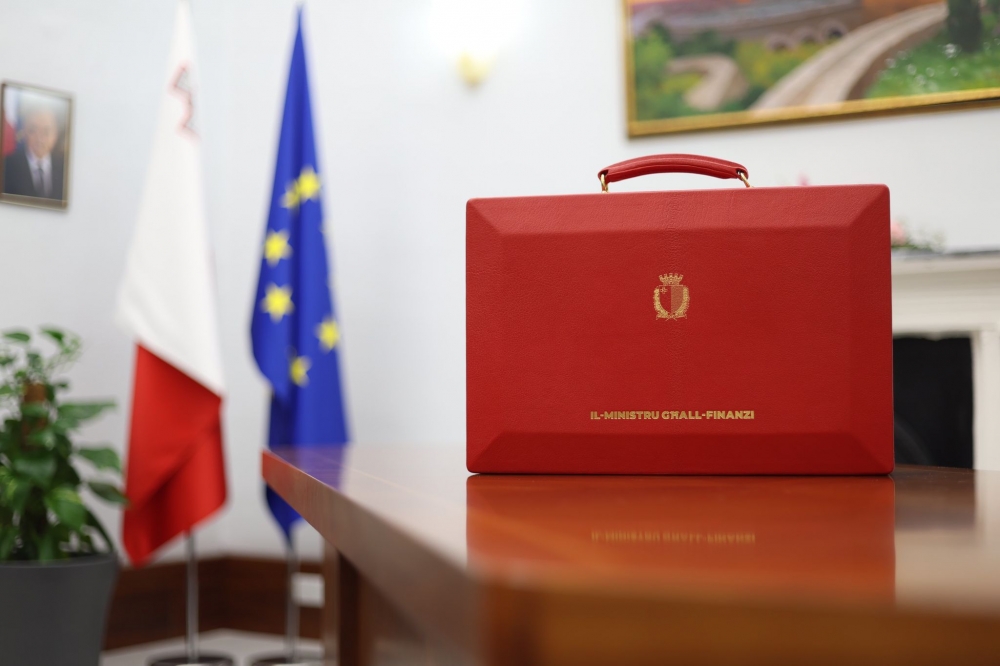For decades, Malta has attracted entrepreneurs, investors and families seeking a stable EU base with international tax efficiency. One of the key reasons is its non-domiciled tax regime, that is a system that allows foreign-sourced income to remain untaxed if not remitted to Malta.
In this article, we will analyse how the non-dom regime works, who can benefit and what to consider before making Malta your home.
What ‘Non-Dom’ means
A ‘non-dom’ individual – short for ‘non-domiciled’ individual – refers to a person who is not domiciled in Malta for Maltese income tax purposes. In Malta, the term ‘domicile’ is not defined by statute but is understood through principles of private international law. It refers to a person’s permanent home, meaning the place with which they have the strongest personal and family connections. Domicile is therefore not determined solely by where one resides, but by the intention to live permanently in that country. Every individual is born with a domicile of origin (usually that of their father at birth), but may later acquire a domicile of choice by settling elsewhere with the intention to remain there indefinitely. Importantly, a person can have only one domicile at a time and can never be without one.
Key Benefits of Malta’s Non-Dom Tax Regime
Malta’s Non-Dom Tax Regime offers several advantages for individuals and families with income streams from foreign countries, these being:
1) A Favourable Remittance Basis of Taxation
Individuals who are resident but not domiciled in Malta (commonly referred to as ‘res non-doms’) are taxed in Malta on what is known as the source and remittance basis. In practice, this means they are liable to tax on:
- Foreign-sourced income, only if it is remitted to Malta;
- Income arising in Malta, regardless of where it is received; and
- Capital gains arising in Malta.
Conversely, foreign-sourced capital gains remain completely outside the Maltese tax net, even if remitted to Malta. For individuals who are interested to know more about the Remittance Basis of Taxation, please refer to the Guidance Note issued by the Malta Tax and Customs Administration (“MTCA”).
2) No Wealth, Inheritance, Estate or Gift Tax
Malta imposes no wealth, inheritance, estate or gift tax. This is a significant contributor as to why individuals and families choose Malta to structure their estate and succession planning efficiently.
3) Extensive Double Tax Treaty Network
Malta has entered into over 80 double taxation agreements with other countries, providing tax relief and certainty on cross-border tax matters. For individuals with international holdings, this means that they will have additional comfort that double taxation issues are mitigated. The full list of Malta’s double taxation agreements can be found here.
4) An EU Member State
Malta joined the EU on 1 May 2004 and therefore adheres to OECD and EU standards while still maintaining an attractive tax framework. This balance makes it ideal for individuals seeking legitimate and sustainable tax efficiency without any reputational risk.
Who Qualifies and How to Apply
An individual who spends over 183 days in Malta within a calendar year is generally considered tax resident for that year, regardless of the purpose of their stay. Someone who moves to Malta with the intention of living in Malta is regarded as resident from the date of arrival, even if they spend less than 183 days that year.
Individuals who live in Malta on a permanent or indefinite basis are deemed ordinarily resident, and this status may also apply to those who remain in or frequently visit Malta over several years while building strong personal and economic ties. A person ceases to be resident if they leave Malta permanently, though temporary absences do not typically affect their residence status provided they maintain meaningful connections with the country.
Expatriates who are considered tax resident in Malta shall ensure that they are duly registered for income tax purposes and that they fulfil all the necessary tax compliance obligations, including then timely registration and submission of tax return. Expatriates looking to register for income tax purposes are to make use of the Expatriates Taxpayer Registration Form issued by the MTCA.
Common Misconceptions and Traps to Avoid
Whilst Malta’s Non-Dom Tax Regime offers an attractive tax framework to individuals looking to become tax resident in Malta, it is not a one-size-fits-all regime. Certain nuances can be overlooked, leading to unnecessary tax liabilities or non-compliance. Below are some of the most common misconceptions and traps to avoid:
1) Forgetting about the €5,000 Minimum Tax Rule
Article 56(27) of the Maltese Income Tax Act obliges non-domiciled individuals to pay a minimum of €5,000 per annum if such individual derives income arising outside Malta amounting to not less than €35,000 or its equivalent in another currency. In other words, the minimum tax does not apply to individuals whose foreign income is less than €35,000.
2) Misunderstanding the scope of ‘Remittance’
Money remitted to Malta to cover everyday living expenses is generally presumed to be remitted income and therefore taxable, unless proven otherwise. In contrast, funds transferred for capital purposes, such as buying property, can be treated as non-taxable capital remittances if the individual can show that they originate from sources like an inheritance or the sale of capital assets abroad. In practice, it is recommended that separate foreign bank accounts are kept for income and capital in order to ensure a clear distinction between the two types of funds.
3) Overlooking the use of Credit and/or Debit Cards
Using a credit or debit card in Malta which is linked to foreign funds may be treated as a remittance of income, even if the income itself never physically enters your Maltese bank account. The simplest safeguard is to maintain separate foreign and local banking arrangements.
4) Ignoring potentially better options
Whilst the standard Non-Dom Tax Regime is attractive and relatively simple, it may be the case that individuals looking to become tax resident in Malta would be better off considering obtaining a special tax status under one of many tax programmes available to EU/EEA/Swiss nationals and to Third Country Nationals. Examples of these tax programmes include The Global Residence Programme, The Residence Programme and the Malta Retirement Programme. It is recommended to obtain professional advice in assessing which option is best depending on the facts and circumstances of the case.
Next Steps and How Taxentra Can Help
Malta’s non-dom regime can be highly effective when structured correctly. Small details matter and can make a real difference, which is why having a professional firm like Taxentra in your corner is valuable. Whether you are relocating, investing or managing international income, we can help!
Contact us today to explore how Malta can be the right solution for you.
Disclaimer: The information contained in this article is for general guidance and educational purposes only and does not constitute professional advice. While every effort has been made to ensure accuracy, Taxentra Limited accepts no responsibility for any loss arising from reliance on the information provided. Readers are advised to seek personalised advice before taking any action.

